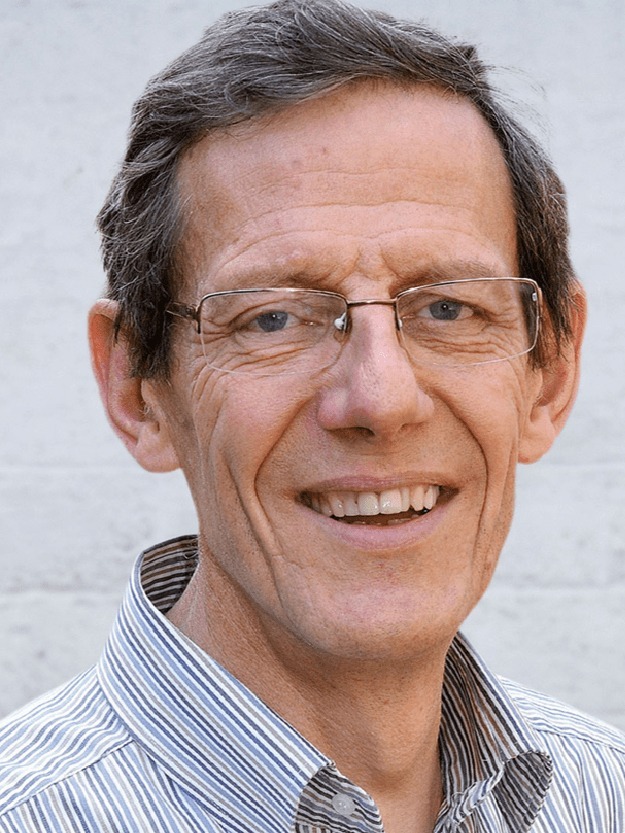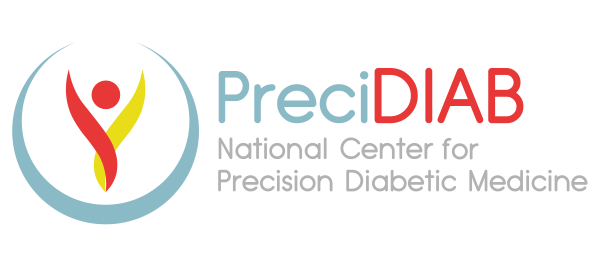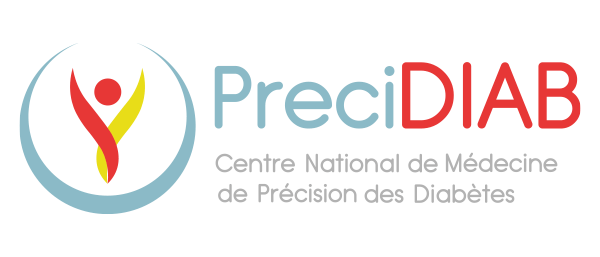Today, doctor Jean-Michel Lecerf comes back with us on the role of the Nutrition & Physical Activity Service of the Examinations Center of the Pasteur Institute of Lille and presents us the large study on the risk factors of diabetes which will soon be set up with the National Center PreciDIAB.

Dr. Jean-Michel Lecerf
Nutritionist, specialist in endocrinology and metabolic diseases, and head of the Nutrition & Physical Activity Department at the Institut Pasteur de Lille (IPL).
In your work, you combine consultations and clinical research. Can you explain to us why is it so important for you to combine these two aspects of medicine?
My medical vocation was born at the age of 6 in a hospital bed. But recurring health problems at the end of medical school led me to give up the idea of general medicine. Endocrinology and metabolic diseases appealed to me, especially as this specialty included nutrition. A combination of circumstances led the Director of the Institut Pasteur de Lille, Professor Jean Samaille, to ask me to conduct an epidemiological study on the nutrition and health of elderly people in Lille.
But I was already a geriatrician too. At the same time, another opportunity allowed me to resume a major lipidology consultation in internal medicine at the Lille CHRU. Between 1982 and 2020, I carried out this dual hospital and Pasteurian activity, combining clinic, research and teaching. I was overwhelmed because the relationship and the experience with the patient are irreplaceable. The patient teaches us. Nutrition is an incredible discipline which integrates the sciences of biology, the science of food but also the human sciences.
Today the Nutrition & Physical Activity department that I have the chance to lead at the Institut Pasteur de Lille, acts in several areas: expertise with industry, field actions in public health with populations, clinical research with our NutrInvest center. PreciDIAB allows us to use our knowledge and know-how for targeted prevention towards those who need it most.
We see how essential personalized medicine is in your approach. The development of this medicine is the very foundation of the National PreciDIAB Center. Can you tell us about the PreciDIAB clinical study project in preparation within the IPL?
The Institut Pasteur de Lille is a founding member of the Center National PreciDIAB. The PreciDIAB – Institut Pasteur de Lille study is an important part of the PreciDIAB project. Our study first aims to identify the risk factors for entering type 2 diabetes and accelerated aging in people in precarious situations. We know that they are more exposed to this risk but we do not really know the weight of the risk factors, the role of insecurity, the interactions between all the factors, the mechanisms involved.
This is a major public health issue given the explosion of diabetes worldwide, and the deterioration of socio-economic conditions in many populations, including in France, and particularly in the North. We will therefore analyze the lifestyle (nutrition, sedentary lifestyle, sleep, stress, etc.), living conditions, psychological dimensions but also of course a whole series of biological markers, including the most modern (telomere length), the most sharp (metabolome and other omics), the microbiota, genetics… in more than 2,500 subjects.
The second part of the study will be an intervention study by acting on the levers highlighted during the cross-sectional study, the aim being to reduce the risk of diabetes and accelerated aging, but also to see what “works”. »(And if it works!).
How is the Institut Pasteur de Lille an ideal place for you to carry out your research work and deploy this project?
The Longevity Health Prevention Center of the Institut Pasteur de Lille has been an expert for 40 years in measuring the health of populations and in health education. We have a recruitment comprising nearly 50% of people with low resources, at the request of the Health Insurance. Indeed, health inequalities are not due to chance, they are linked to socio-economic conditions having an impact on knowledge, access to healthcare, behavior, food choices …
We don’t all age the same. Genetic factors interact with the environment in the broad sense (diet, physical activity, weight, etc.). Diabetes is itself, when out of balance, a model of accelerated aging. Our actions and our results may be of interest to public institutions but also to our industrial partners who can, in their own way, also be important players in the field of prevention.
This will also strengthen the concept of precision medicine and personalized prevention, far from the dictates imposed on all. Let us dream that this work will make it possible to better understand in order to better act on the right targets with the right advice.
Discover the interviews...
Department of Endocrinology Diabetology, Nutrition Metabolisms of the University Hospital of Lille.
Physiology & Cardiovascular Functional Explorations CHU Lille, Inserm U1011
Neurologist at Lille University Hospital and researcher at Inserm.
Professor of biochemistry and researcher at UMR 1011 Nuclear Receptors, Cardiovascular Diseases and Diabetes.
Research director at Inserm, scientific manager of the center’s diabetes genomic medicine programs, head of EquipEx LIGAN-PM and team leader at UMR 1283/8199
University professor – Hospital practitioner in the acute geriatric medicine department, specialist in the course of care, drug interactions and artificial intelligence.
PhD, e-One Health professor and director of the Multi-Omics Statistics Department at the University of Surrey, associate researcher at the University of Lille, and in charge of the “studies of links between diabetes and cancer risks” project within the Center National PreciDIAB
Professor of medical pharmacology Director of the Clinical Investigation Center (CIC 1403 Inserm-CHU de Lille) and of the Clinical Trial Unit dedicated to diabetes.
Previous
Next



